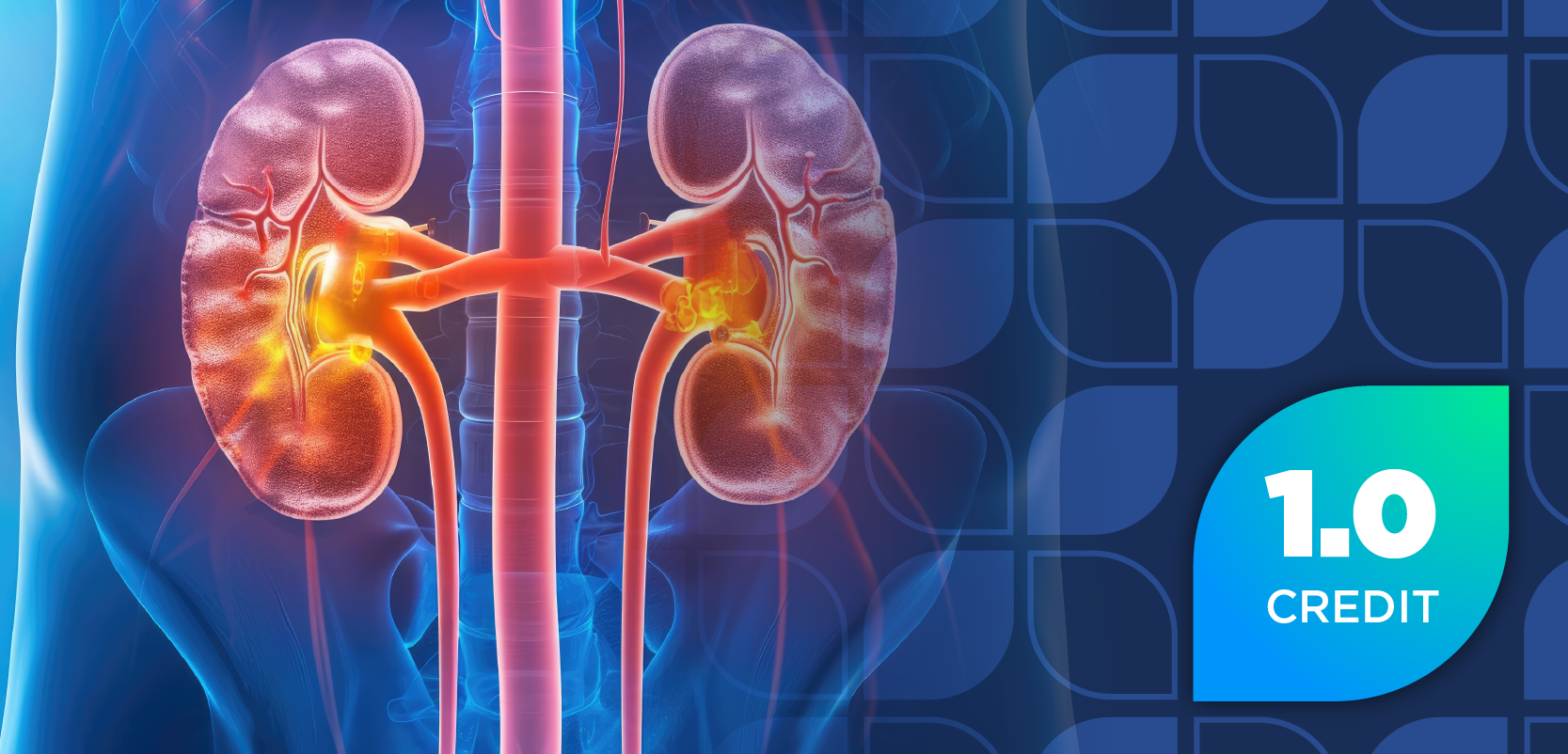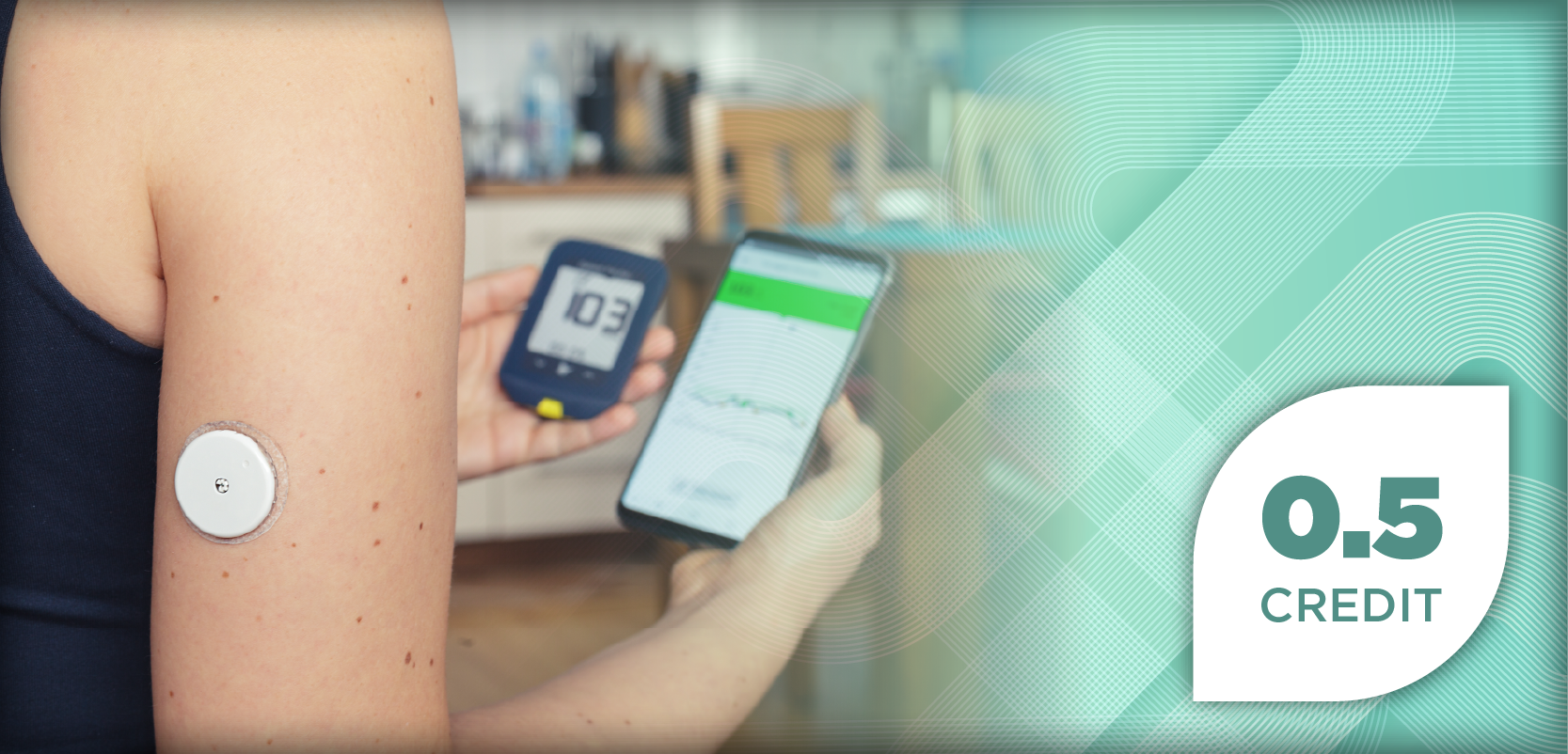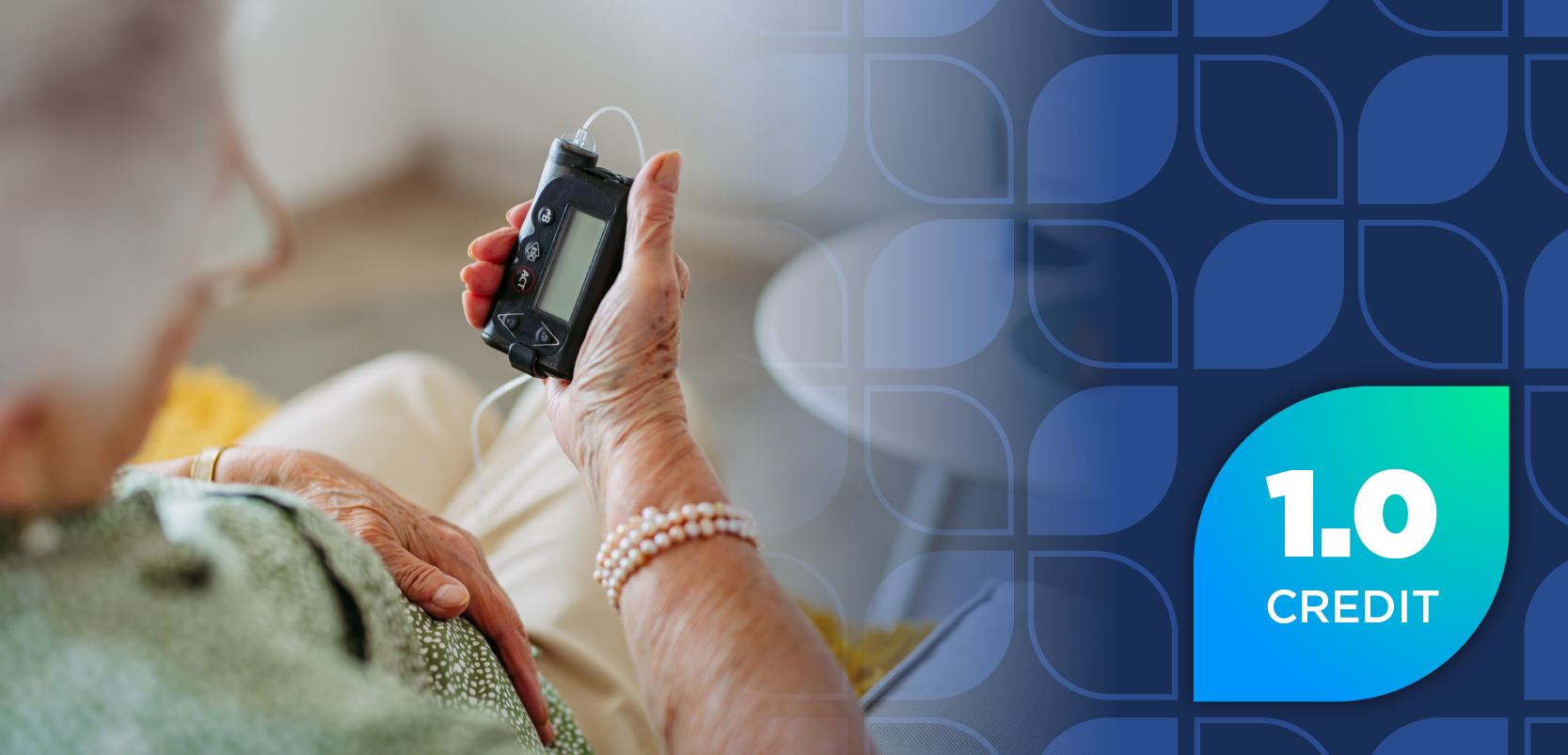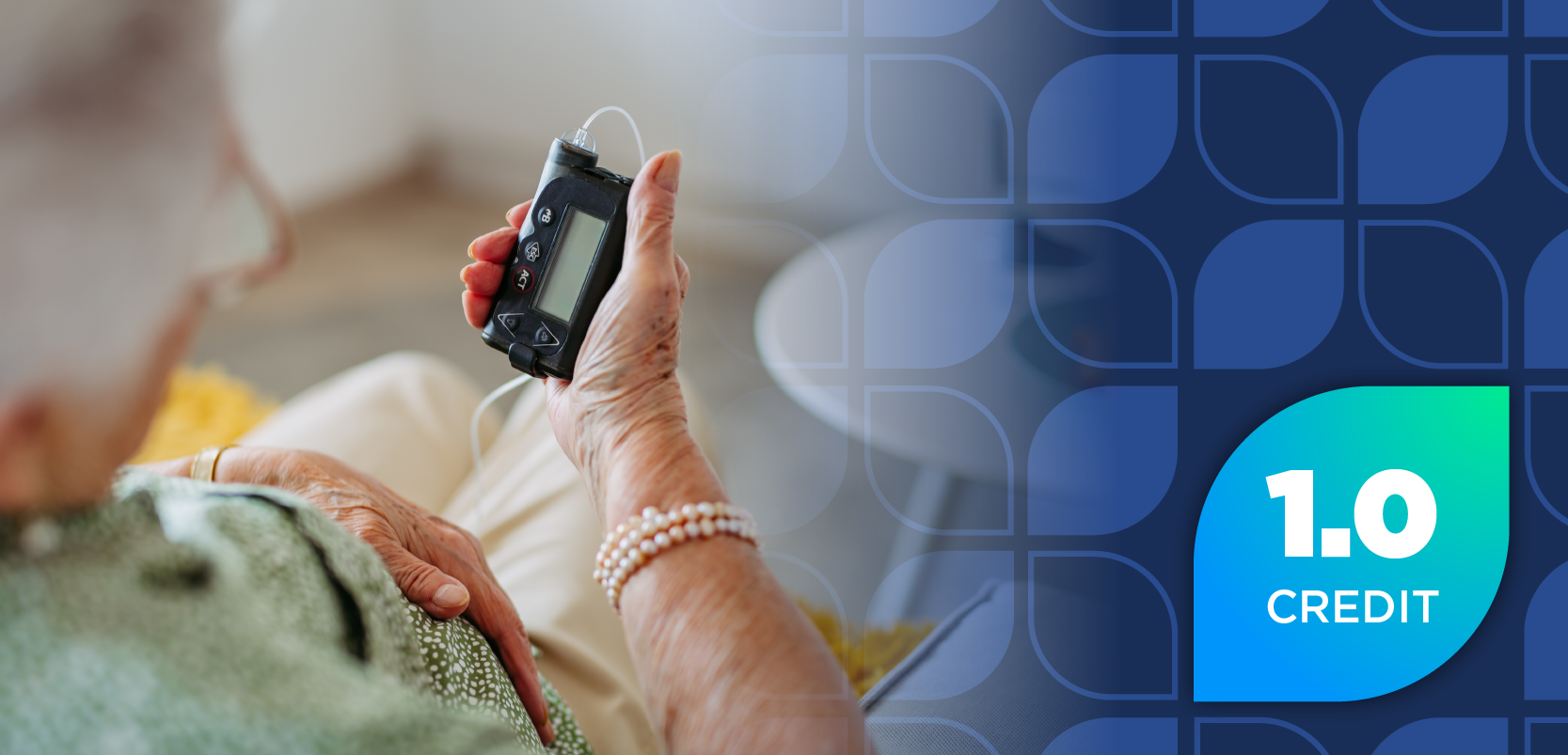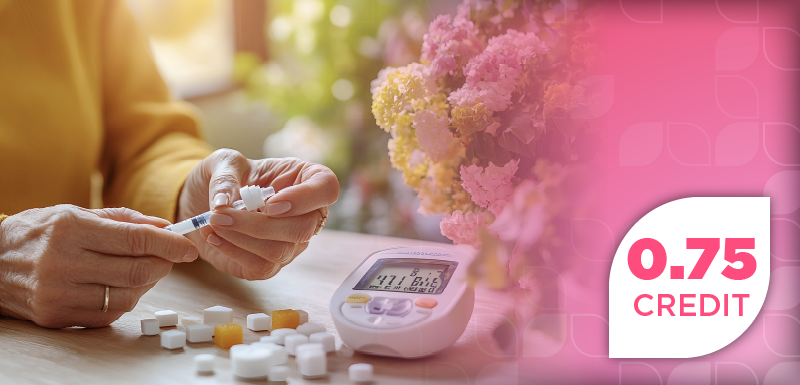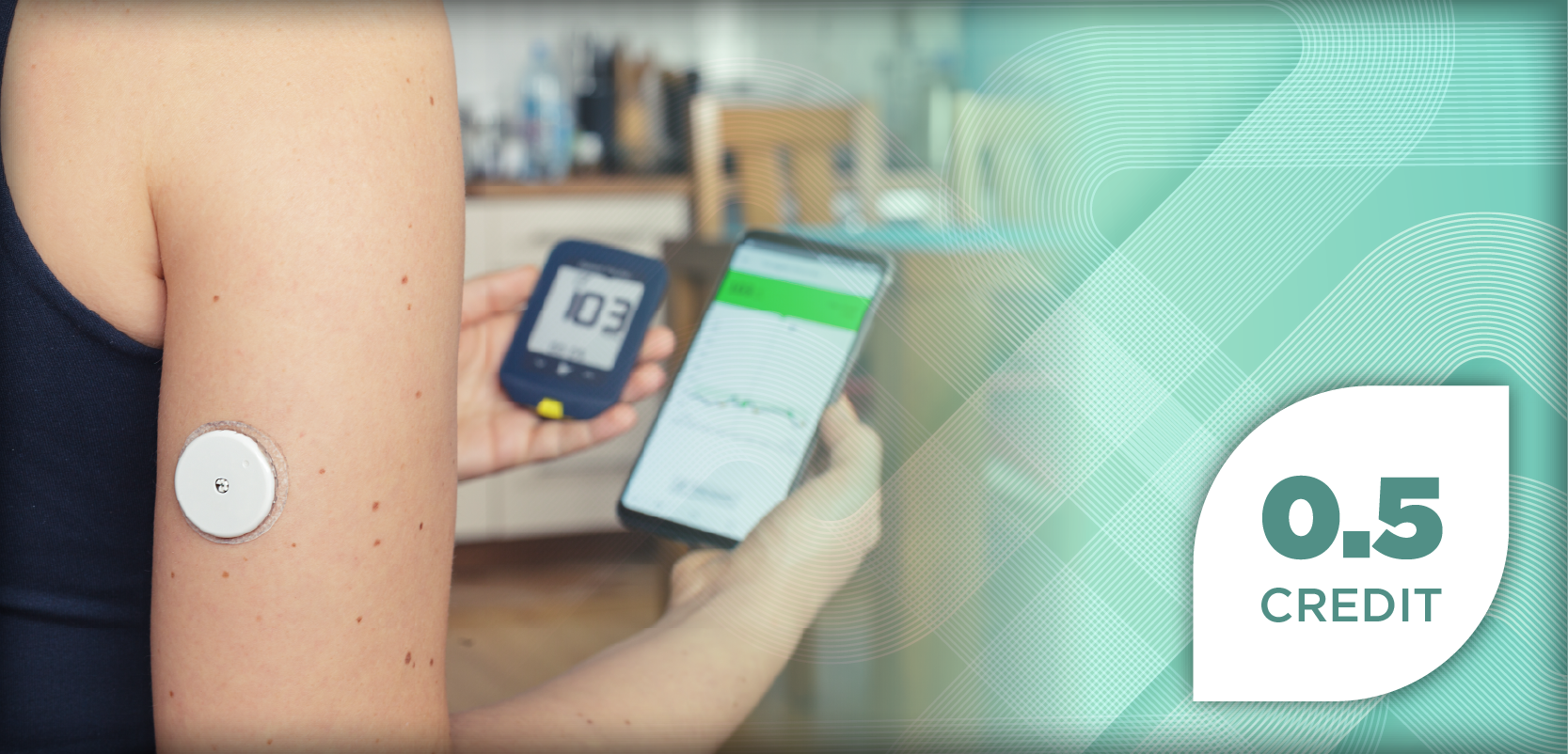
First FDA-Approved Oral Liquid Sitagliptin for Adults With Type 2 Diabetes
This article was sponsored by Azurity Pharmaceuticals, Inc.
In January 2025, the FDA approved Brynovin® (sitagliptin; Azurity Pharmaceuticals), the first and only liquid formulation of sitagliptin, as an adjunct to diet and exercise to improve glycemic control in adults with type 2 diabetes (T2D).1,2 Brynovin® is not recommended in patients with type 1 diabetes.1 Brynovin® has not been studied in patients with a history of pancreatitis.1 It is unknown whether patients with a history of pancreatitis are at increased risk for the development of pancreatitis while using Brynovin®.1 This approval, granted via the FDA’s 505(b)(2) pathway, which allows sponsoring pharmaceutical companies to leverage existing clinical data from the reference drug (sitagliptin; Januvia®) to support efficacy and safety, streamlining development while addressing unmet patient needs.3 Brynovin® is a DPP-4 inhibitor that effectively controls hemoglobin A1C (HbA1C) levels when used alone or in combination with other antihyperglycemic medications.1,4
With nearly 15% of US adults affected by diabetes, and the prevalence rising to 29% among those 65 years and older, there is a growing need for alternative treatment options in this population.5 Brynovin® may help patients who are unable to swallow pills or who have been crushing solid formulations,6 those with concomitant comorbidities associated with cognitive impairment,7,8 and individuals who fear needles or injections.9,10
The recommended dose is 100 mg (4 mL of the 25-mg/mL liquid) once daily, with a 1:1 conversion ratio from tablet to liquid.1,11 For patients with renal impairment, dose adjustments are recommended1:
- 50 mg (2 mL) once daily for those with an estimated glomerular filtration rate (eGFR) between ≥30 and <45 mL/min/1.73 m².1
- 25 mg (1 mL) once daily for those with eGFR <30 mL/min/1.73 m², including individuals with end-stage renal disease undergoing dialysis.1
Established via a bioequivalence study in healthy patients, the liquid formulation of sitagliptin (Brynovin®) is bioequivalent to and as effective as the tablet formulation (Januvia®).1,11,12 The results of 9 double-blind, placebo-controlled, randomized trials involving approximately 5200 patients confirmed the safety and efficacy of sitagliptin. Compared with placebo, sitagliptin treatment substantially improved HbA1c, fasting plasma glucose, and 2-hour postprandial glucose levels.1
Safety Considerations
Brynovin® is not recommended for patients with type 1 diabetes and has not been studied in individuals with a history of pancreatitis.1 Brynovin® is contraindicated in patients with a history of a serious hypersensitivity reaction to sitagliptin or any of the excipients in Brynovin®.1 Key safety warnings include pancreatitis, heart failure, acute renal failure, hypoglycemia, hypersensitivity reactions (anaphylaxis, angioedema, and Stevens-Johnson syndrome), severe arthralgia, and bullous pemphigoid.1 The most common adverse reactions (≥5%) include upper respiratory tract infection, nasopharyngitis, and headache.1
Pharmacists should counsel patients on proper dosing and monitor for signs of adverse reactions, especially in those with comorbidities or polypharmacy concerns. For full prescribing and safety information, please refer to the
Azurity Pharmaceuticals is committed to breaking down barriers to patient care, including advancing innovations in dose formulations.4 Brynovin® was developed to improve medication adherence in patients with T2DM, specifically in the long-term care setting.4 By offering a convenient, flexible dosing alternative to solid formulations and injectable therapies,1,2 Brynovin® helps address barriers to treatment adherence7,8 and may enhance glycemic control when used alongside diet and exercise.1
REFERENCES
1. Brynovin. Prescribing information. Azurity Pharmaceuticals; 2025. Accessed August 25, 2025. https://dailymed.nlm.nih.gov/dailymed/fda/fdaDrugXsl.cfm?setid=9468a2f3-3ebe-40bd-a3b4-d78d9eb47e04&type=display
2. Department of Health and Human Services. Approved Drug Products With Therapeutic Equivalence Evaluations (Orange Book). 45th Edition. Cumulative Supplement 7. FDA. September 2025. Accessed August 22, 2025. https://www.fda.gov/media/72973/download
3. Department of Health and Human Services, Food and Drug Administration, Center for Drug Evaluation and Research. Determining Whether to Submit an ANDA or a 505(b)(2) Application: Guidance for Industry. FDA. May 2019. Accessed September 12, 2025. https://www.fda.gov/media/124848/download
4. Azurity Pharmaceuticals, Inc. announces the availability of BRYNOVIN (sitagliptin), the first and only oral liquid sitagliptin. News release. Azurity Pharmaceuticals. July 31, 2025. Accessed on August 22, 2025. https://azurity.com/azurity-pharmaceuticals-inc-announces-the-availability-of-brynovin-sitagliptin-the-first-and-only-oral-liquid-sitagliptin/
5. National Diabetes Statistics Report 2024. Centers for Disease Control and Prevention. May 15, 2024. Accessed August 25, 2025. https://www.cdc.gov/diabetes/php/data-research/index.html
6. Schiele JT, Quinzler R, Klimm HD, Pruszydlo MG, Haefeli WE. Difficulties swallowing solid oral dosage forms in a general practice population: prevalence, causes, and relationship to dosage forms. Eur J Clin Pharmacol. 2013;69(4):937-948. doi:10.1007/s00228-012-1417-0
7. Christofides EA. Practical insights into improving adherence to metformin therapy in patients with type 2 diabetes. Clin Diabetes. 2019;37(3):234-241. doi:10.2337/cd18-0063
8. Munshi MN, Florez H, Huang ES, et al. Management of diabetes in long-term care and skilled nursing facilities: a position statement of the American Diabetes Association. Diabetes Care. 2016;39(2):308-318. doi:10.2337/dc15-2512
9. Spain CV, Wright JJ, Hahn RM, Wivel A, Martin AA. Self-reported barriers to adherence and persistence to treatment with injectable medications for type 2 diabetes. Clin Ther. 2016;38(7):1653-1664.e1. doi:10.1016/j.clinthera.2016.05.009
10. Kruger DF, LaRue S, Estepa P. Recognition of and steps to mitigate anxiety and fear of pain in injectable diabetes treatment. Diabetes Metab Syndr Obes. 2015;8:49-56. doi:10.2147/DMSO.S71923
11. Januvia. Prescribing information. Merck Sharp & Dohme; 2023. Accessed August 25, 2025. https://www.merck.com/product/usa/pi_circulars/j/januvia/januvia_pi.pdf
12. Data on file. Azurity Pharmaceuticals, Inc. 2025.
Newsletter
Stay informed on drug updates, treatment guidelines, and pharmacy practice trends—subscribe to Pharmacy Times for weekly clinical insights.


























































